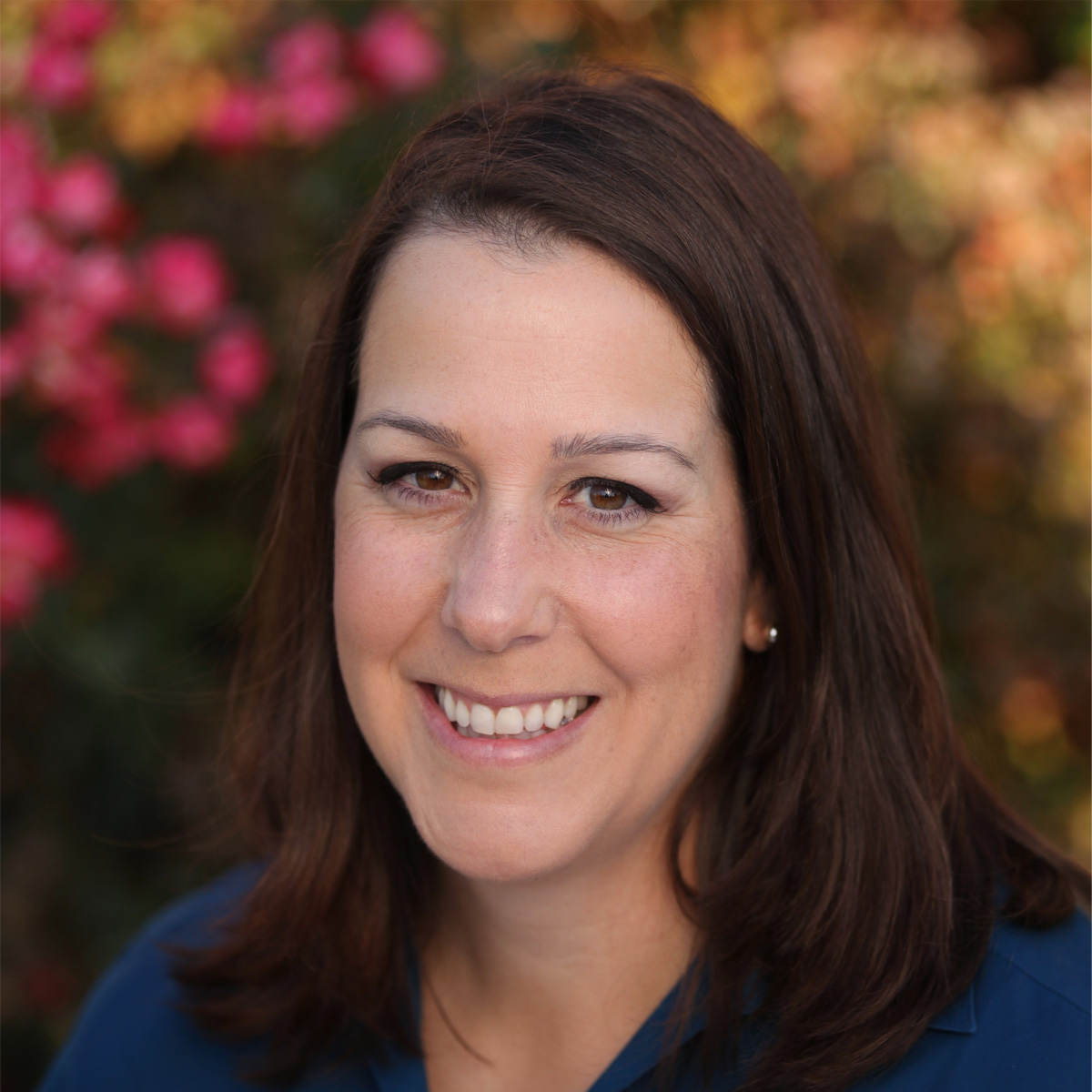Payable on death accounts—“POD accounts” for short—have become a popular tool for avoiding probate in the last decade or so. A POD account is a type of bank account, authorized by state law, which allows the account owner to designate one or more beneficiaries to receive funds left in the account when the owner dies.
During the account owner’s lifetime, she or he can do what they like with the funds held in the account, including spending it all or changing the named beneficiaries. If anything is left in the POD account after the owner dies, the beneficiaries can withdraw the remaining funds without the need for probate by presenting an original death certificate of the owner.
Proceed With Caution
Sounds great, right? But remember, if it sounds too good to be true, it probably is! In general, POD accounts are easy to set up and make sense in many situations. However they can lead account owners to believe that they have an “estate plan,” and no additional steps are needed. While this may or may not be true, there are many things that can—and often do—go wrong with POD accounts:
1. POD accounts can be set up as joint accounts that become payable after the death of all the owners. This means that a husband and wife in a second marriage can set up a POD account to go to their six respective children from their first marriages after they both die. However, if the husband dies first, the wife, as the remaining account owner, can potentially change the POD beneficiaries to her own three children and disinherit her stepchildren.
2. Same facts as above, except that the wife remarries for a third time. She could change the beneficiary of the POD account to her new husband, thereby disinheriting both her children and her deceased husband’s children.
3. If there is only one POD account owner and the owner becomes mentally incapacitated, a valid power of attorney or court-supervised guardianship or conservatorship may be required to access the account if use of the money is required while the owner is still living.
4. If a POD beneficiary inherits money as a minor (under the age of 18 or 21, depending on state law) then a court-supervised guardianship or conservatorship may have to be established to manage their inheritance until they reach the age of majority.
5. If all of the named beneficiaries predecease the account owner, the account may have to be probated.
These are a few examples of why POD accounts should not be the primary means of asset transfer in an estate plan. You need to have in place at least a Will—and possibly a Revocable Living Trust, depending on your circumstances—as well as a Durable Power of Attorney and a Healthcare Directive. These documents will ensure that you and your property are protected in case you become mentally incapacitated, and that your property goes where you want it to go after you die.
